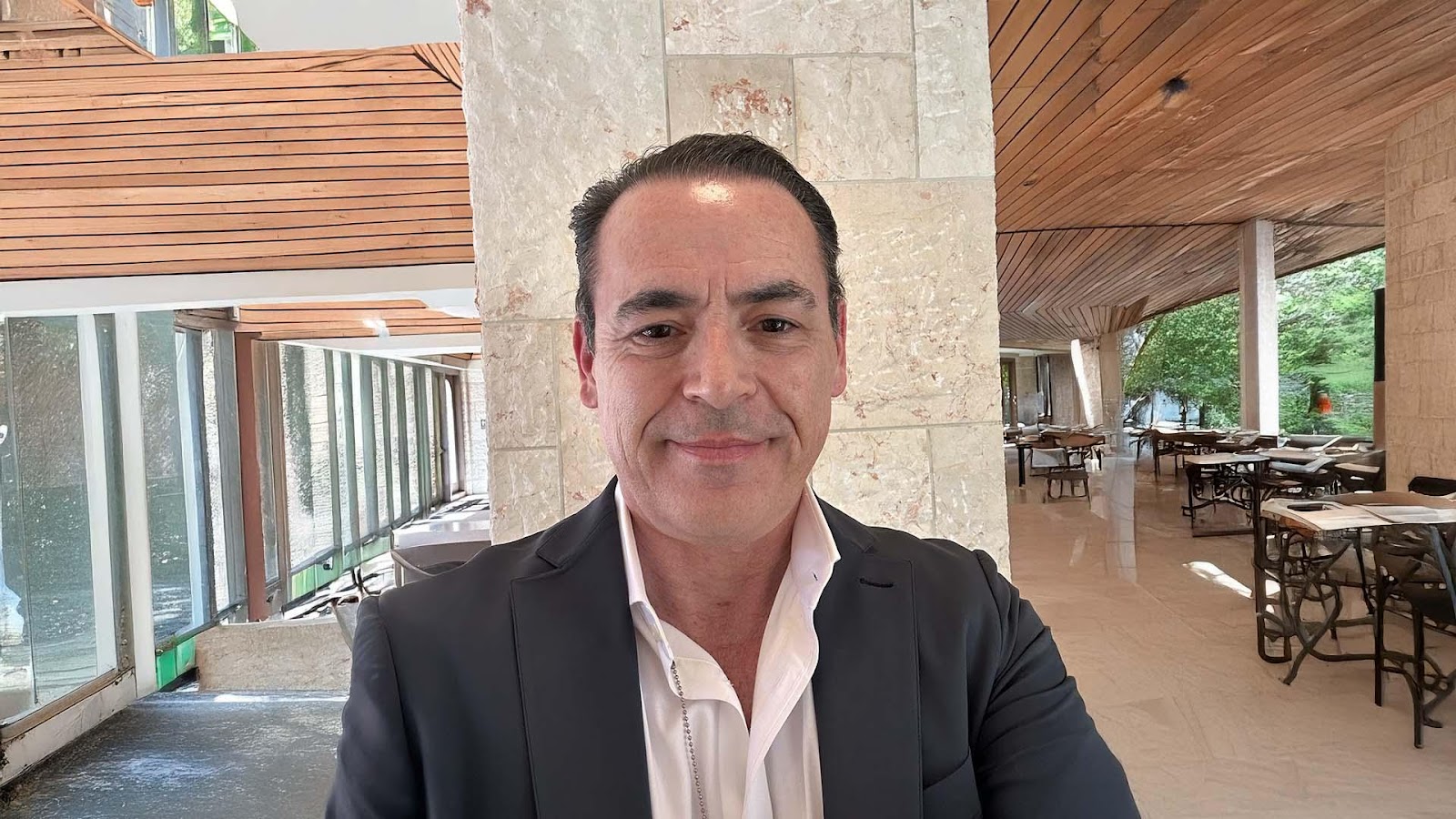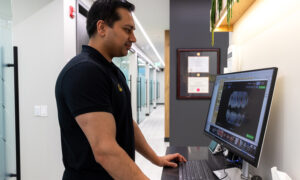Healthcare technology continues to transform patient care in remarkable ways, reducing wait times while improving treatment outcomes. Leading this evolution is Dr. Jason La Marca, Chief Medical Informatics Officer for a Southern California healthcare system. With his unique background in both medicine and technology, Dr. Jason develops innovative solutions that support physicians and enhance patient experiences. His work leverages artificial intelligence and machine learning to tackle healthcare’s most persistent challenges, creating more efficient systems for everyone involved.
Letting Technology Do the Tedious Work
Dr. Jason’s approach is straightforward – let computers handle the tedious tasks so medical professionals can focus on patients. “Machines don’t get tired. They can do repetitive activity over and over,” he explains. “Human beings are terrible at doing monotonous activity. We want stimulus. We want to be talked to and touched and hugged and loved.”
This philosophy drives his implementation of AI tools that handle time-consuming documentation. “We use AI scribes – listening devices that record every word between the patient and doctor, filter the nonsense, and create notes,” Dr. Jason says. “The AI learns the doctor’s manner of speech. All they[the providers] really do is proofread and add tweaks they want.” The results speak for themselves. “It allows doctors to see more patients, spend more time with their patients, and less time charting,” he notes.
Improving Doctor and Patient Experiences
Anyone who’s visited a doctor knows the pain points: long waits for patients and rushed appointments for physicians. Dr. Jason tackles both sides of this problem. “The worst thing for patients is waiting. Nobody wants that,” he says. “And the worst thing for doctors is being rushed. When doctors are rushed, they’re not allowed to use their craft.” His team uses data to identify bottlenecks and streamline patient flow. “We can categorize people before they even walk in the door,” Dr. Jason explains. “This allows us to not only streamline treatments and protocols, but also makes everything faster.”
One major improvement comes from AI-powered chart summarization. “For patients with chronic illnesses, these tools can summarize an encyclopedia in seconds and pull out the important factors – life-threatening conditions, current status, medications,” he says. “This gives providers a nice synopsis so they can focus on why that patient is here today.”
Building Smarter Patient Access Tools
Dr. Jason gets particularly excited about “digital front doors” – AI systems that make it easier for patients to access care. “There’s an Israeli company called Hyro that I’m a big fan of,” he shares. “It has AI-powered bots that answer all your phones and let patients speak normally instead of pressing 1 or 2 or whatever the IVR demands. It simply talks to you like a human being.” These systems handle appointment scheduling, prescription refills, and referrals automatically. “One of our practices gets 300-400 calls daily. It’s not possible for humans to answer that many calls unless you have a staff of 50,” Dr. Jason says. “Digital front doors route those accordingly and automatically schedule, send forms directly to patients via text or email – they can do anything. Another really nice feature is that it is self-service, which is what the modern patient wants.” Dr. La Marca said, “let’s say you want to see your doctor on Monday at 8AM, so you simply ask for that time. The AI will either book it straight away or say that your doctor has open appointments at 9AM, 9:30AM and 10AM. Which one of those works for you?” The entire process is frictionless and fast.
Finding Meaning Through Personal Connection
Behind Dr. Jason’s enthusiasm for healthcare technology lies a deeply personal story. While in medical school, he called his mother during a difficult day. “I was feeling the weight of the world on my shoulders. My mom was my beacon of hope, my true North,” he recalls. “She had breast cancer, diagnosed at the very young age of 50. She survived 12 and a half years with stage four carcinoma of the breast, which was remarkable because her expected survival would have been about three years by national averages at the time.” Her advice shapes his work to this day: “She said, ‘Jay, I want you to look at every single patient and think of me. That person matters just as much. Somebody loves that person.'”
This connection drives his mission to improve healthcare through technology. “For my entire career, the only thing I really want to do is help people feel better about what is happening to them, have the calm presence of mind to understand what their clinicians are telling them, and confidently work with their provider to approach their treatment & management in a way the best serves them,” Dr. Jason says. “So, they don’t always have to feel desperate or angry.” Through thoughtful application of technology, he’s working to make healthcare more efficient and more human at the same time.
Follow Dr. Jason La Marca on LinkedIn to learn how he’s using AI to transform patient care.



































